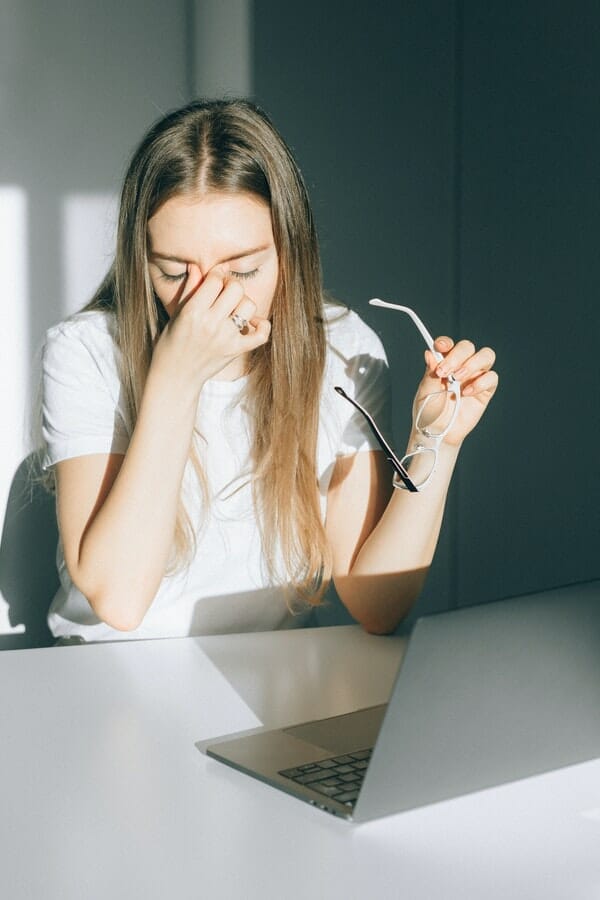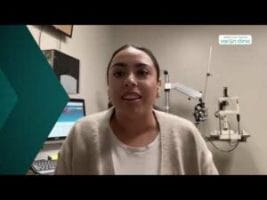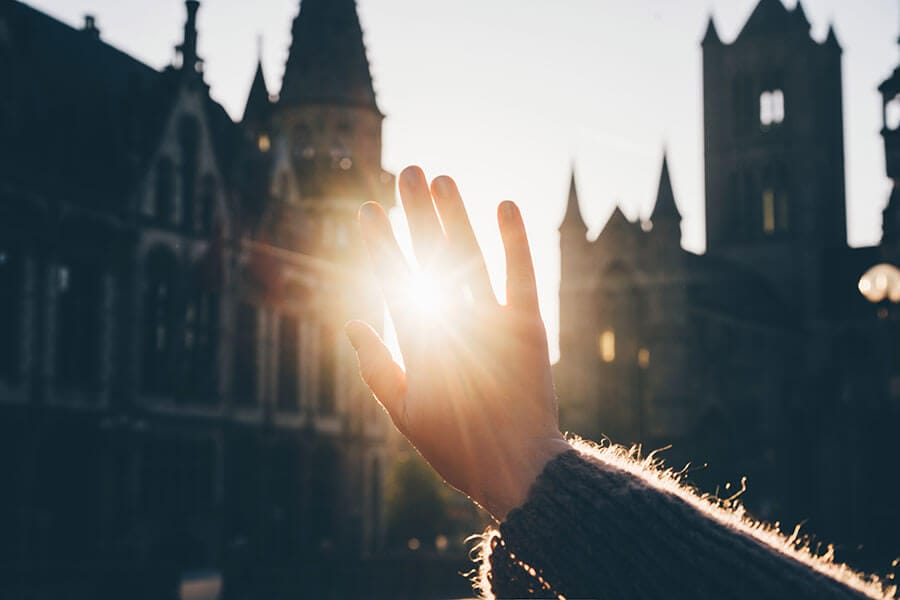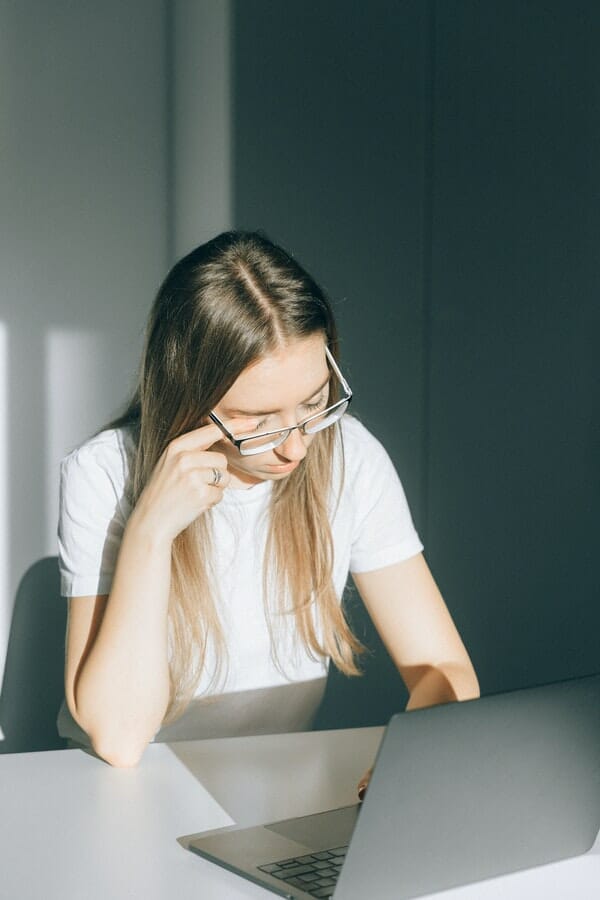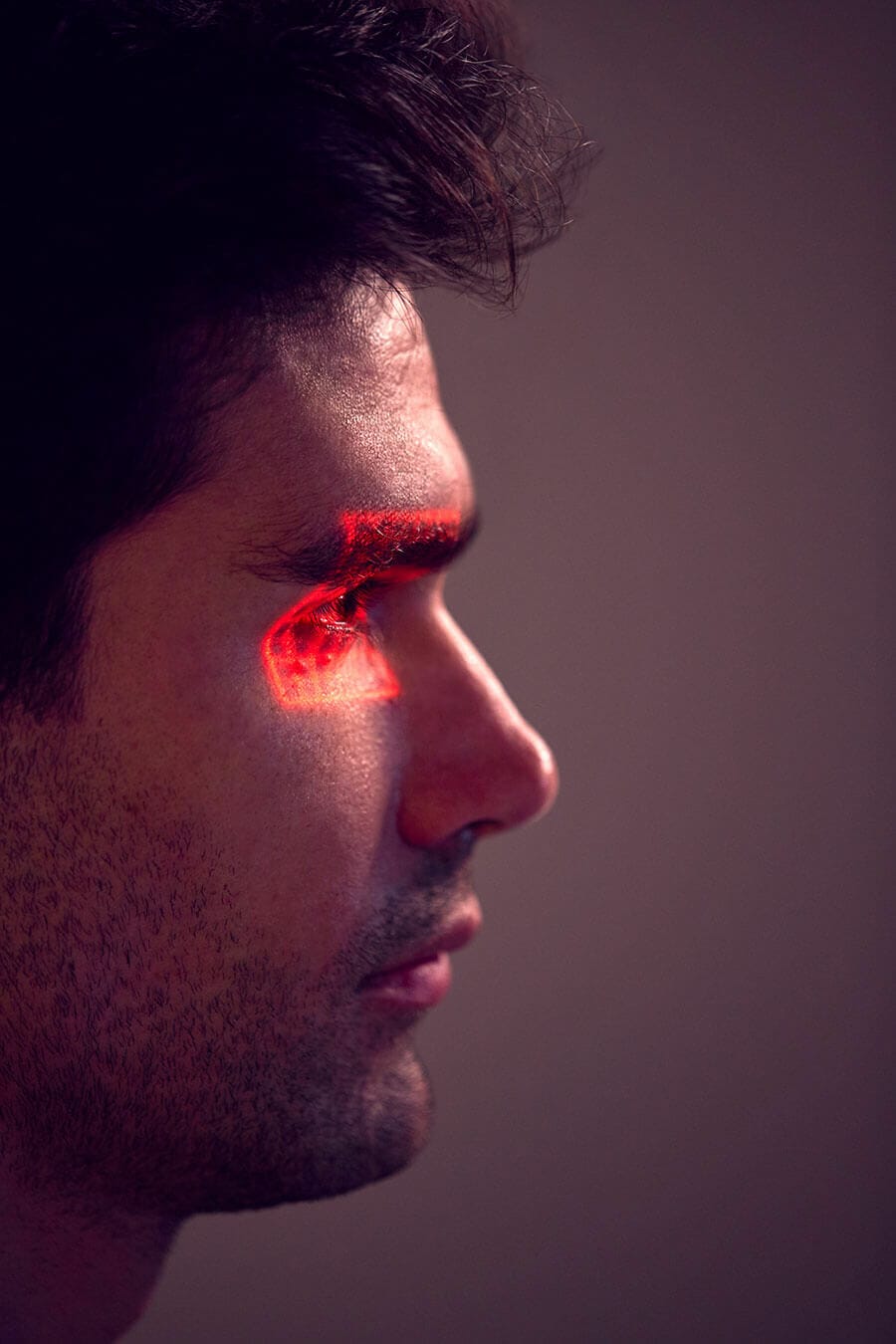Photophobia or light sensitivity is a condition commonly affecting both eyes. Light sensitivity in one eye is not entirely uncommon. While less common, research indicates that some people will experience light sensitivity only in one eye, or that they feel it more in one eye than the other. This is referred to as unilateral photophobia. There are still a number of symptoms that can result from light sensitivity, including migraines, eye pain, nausea, dizziness, and blurry vision, regardless of whether it affects both eyes or just one.

